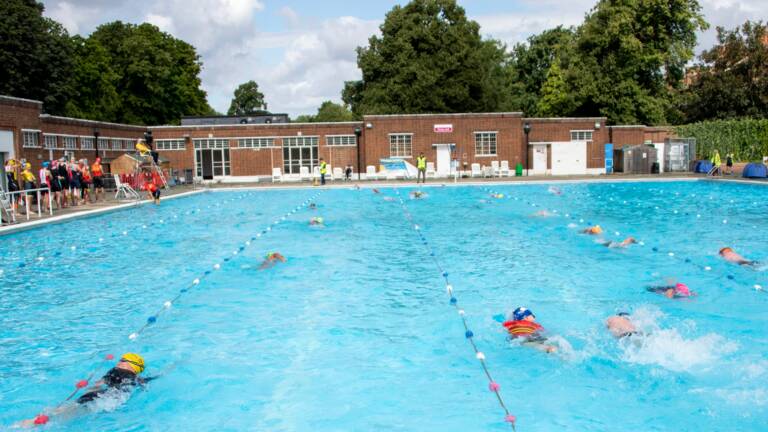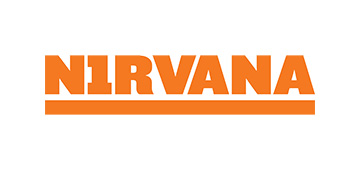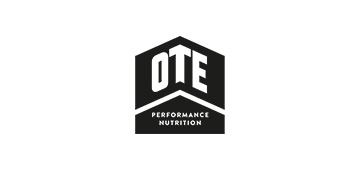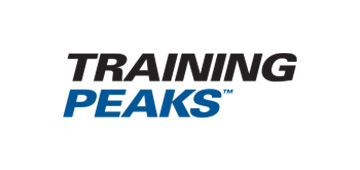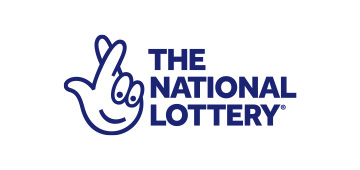Most of us dedicated triathletes are probably aware of the importance of replacing carbs quickly after exercise, but scientists have recently turned their attention to the importance of protein timing too.
We picked up some protein pointers from Vanessa Duncan at the impressive GSK Human Performance Lab. She’s in charge of transferring research into practical guidelines that triathletes and coaches can use. Here are her four rules to optimise protein consumption for training.
1. Eat enough:
“Our bodies are constantly turning over protein and trying to manage the balance between muscle protein breakdown (MPB) and muscle protein synthesis (MPS).” says Vanessa. “We constantly break down & regenerate new muscle proteins throughout the day. Consuming protein is not only important to support general health , but also essential when we exercise in order to support growth of new muscle tissue. When we exercise intensely, there is an increase in the rate of MPB so active individuals need to consume more protein than inactive ones.”
|
Your daily protein needs: For a non-exercising individual: Approx. 0.8g per kg of body weight. For endurance athletes (like you): 1.2–1.6 g per kg of body weight depending on the intensity and type of training. Those training for ultra endurance or Ironman events or who are also doing regular strength and resistance training should aim for the higher end of this range. Strength and power athlete: Up to 2g per kg of body weight |
2. Twenty grams in twenty minutes:
“We break proteins down into amino acids and it’s the amino acids (leucine in particular) which stimulate muscle cell signalling pathways, and kick-start MPS." explains Vanessa. However, when we exercise and consume protein, the two together create a greater stimulus for MPS. Research has shown that when 20 g of protein is consumed post exercise, it results in up to 49% more MPS compared to no protein ingestion.
“If you train more than once per day, getting protein immediately after training is more important to support muscle maintenance and adaptation. So kick start protein intake by consuming 20g within the first 20-30 minutes post exercise to capitalise on the post training stimulus.”
Jonanthan Brownlee takes some tests at the state-of-the-art GSK Human Performance Lab
3. Four meals a day
“It’s not just the timing, the regularity of protein is also important. Regular protein feeds will continue to support muscle protein synthesis (MPS) and help to reduce muscle protein breakdown (MPB) rates.
“For most people, breakfast is the first meal of the day. That stimulates an increase in MPS. Lunch is the second stimulus for MPS, and dinner the third. But research has shown that when we increase three meals to four, the rate of MPS increases even when we consume the same total amount of protein across the day.”
|
In a GSK sponsored trial, the level of MPS was measured for the following protein intakes: 2 x 40g, 4 x 20g, 8 x 10g. The rate of MPS was higher with four meals of 20 g of protein than with any other combination. |
4. Protein loading is pointless
“For individuals of average body weight, the optimal amount of protein to consume post exercise is around 20g.” says Vanessa. “However in some cases up to 40g protein may provide additional benefits. Beyond 40g though, there is little research to support further increases in MPS. Even for a 100kg bodybuilder whose protein needs may be as high as 200g per day, they would be better having five feeds of 40g of protein, rather than four feeds of 50g of protein.”
| If you happen to treat yourself to a giant 9oz steak after a long race, thinking it will boost recovery, you’d be better eating half, and asking for a doggy bag. |
5. Refuelling ideas
Vanessa recommends eating 1-1.5 g per kg of body weight of carbs as well as the 20 g of protein within 20-30 minutes. Even if you’re having your main meal two hours later, supplement it with an immediate post training or race snack. Here's a guide of the protein and carbohydrate content of some common foods and some ideas for an ideal post-training recovery snack.
|
Protein content in a typical portion: • Grilled chicken breast (small, 100 g) = 32 g • Lean beef steak (small, 100 g) = 26 g • Baked salmon (small, 100 g) = 22 g • 1 handful of nuts (50 g) + 1 pot yoghurt (125 g) = 17 g • 2 large eggs + 2 pieces of brown toast = 20 g • Pulses such as brown/green lentils (cooked, 200 g) = 18 g • MaxiNutrition Promax bar = 21 g |
|
Carbohydrate content in a typical portion: • Swiss museli (70 g) = 50g carbs • Fruit, nut & berries mix (65g) + 1 pot of yoghurt (125g) = 45g • 1 bagel with jam = 54g • Oats (3/4 cup) + 300ml semi-skimmed milk with honey = 50g • Pasta (cooked, 150g serving) = 45g • Ham & salad sandwich (brown bread) + 200ml apple juice = 50g • 1 large banana + 1 apple = 50g |
Interview by Helen Croydon, journalist and member of London Fields Triathlon Club. Follow her on Twitter @helen_croydon



